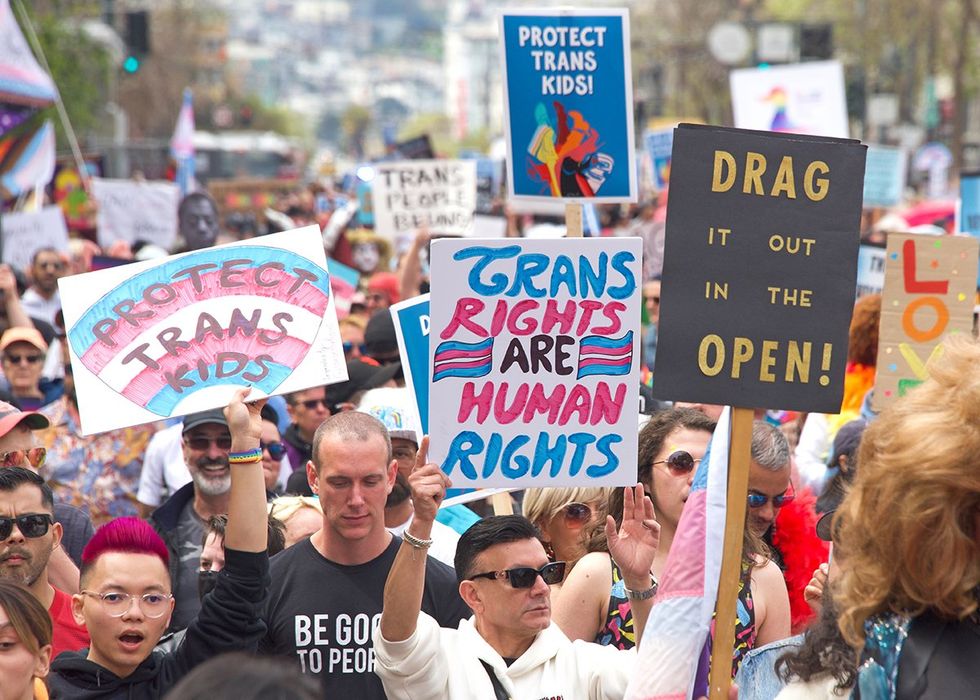Health
Unfilled prescriptions, missed checkups, loneliness: States' anti-LGBTQ+ moves affect health

Shutterstock
Most of the extreme bills have failed to pass, but trans adults are watching statehouses with heightened anxiety.
March 19 2024 12:24 PM EST

 Shutterstock
Shutterstock Shutterstock
Shutterstock Shutterstock
Shutterstock Shutterstock
Shutterstock Shutterstock
Shutterstock Shutterstock
Shutterstock

































































Charlie Kirk DID say stoning gay people was the 'perfect law' — and these other heinous quotes